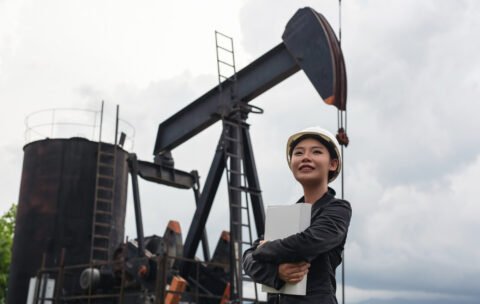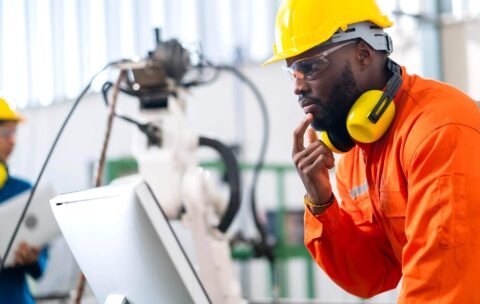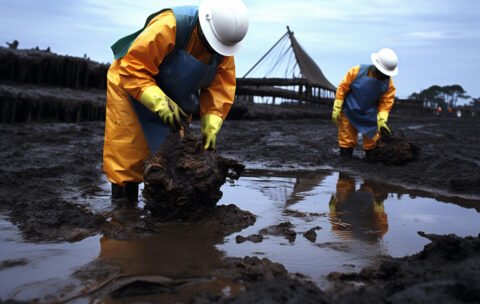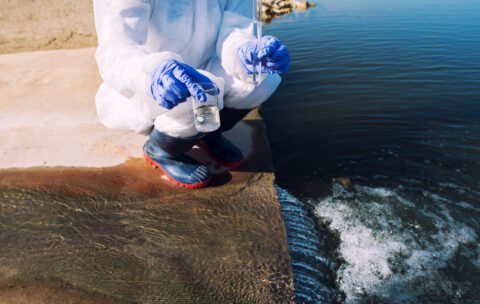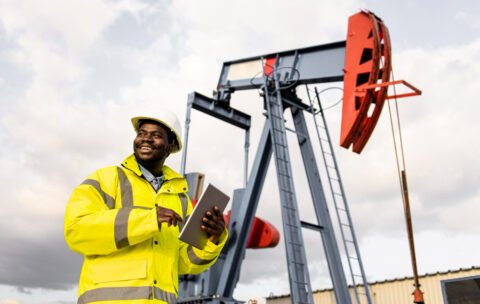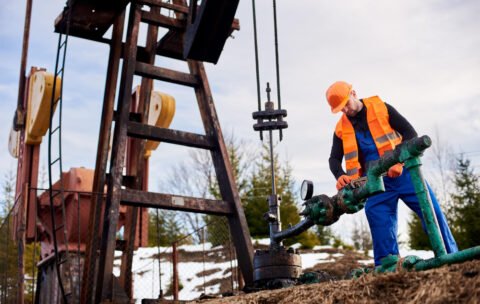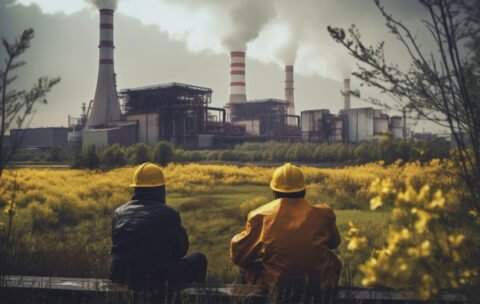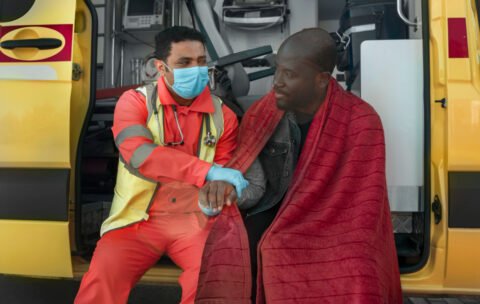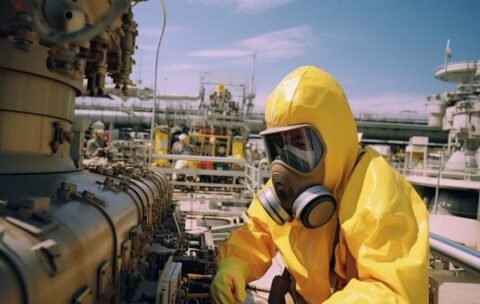CPD in Oil & Gas QRA
What you'll learn
Design QRA models incorporating appropriate input data and assumptions
Use QRA to analyse the risk to personnel
Compare QRA results with criteria and use to devise and evaluate potential risk reduction measures
NEBOSH Oil and Gas Certificate
What you'll learn
Boost your career prospects – NEBOSH Certificates are valued by employers globally
Improve your job performance
Risk Management for Oil & Gas
What you'll learn
You will learn about the theory and practise of risk management at an enterprise and project level, focusing on oil and gas case studies such as; oil price, working in politically unstable environments, managing projects portfolios and supply chain.
International Oil and Gas Exploitation Contracts
What you'll learn
the main aspects of oil and gas exploitation contracts
the benefits of different kinds of international exploration, development and production contracts
the development of agreements that meet your organisation's needs
the weight of non-financial elements on profitability
the management of risks in contractual terms
Negotiation Skills for the Oil and Gas Industry
What you'll learn
plan and prepare for negotiations
identify the key steps in a negotiated settlement, completing one before moving on to the next
communicate in a way that secures better results
handle difficult negotiations
negotiate as part of a team
respect cultural differences in international negotiations
Acquiring Goods and Services
What you'll learn
The five major procurement functional areas and their focus activities
Potential benefits and tradeoffs associated with modular fabrication and skid mounting equipment
How owner guidelines, the contracting environment and project definition maturity affect the type of contracts used for engineering and construction services
(IMO) OPRC Oil Spill Response – Level 2
What you'll learn
Evaluating and applying diverse oil spill response techniques.
Making informed decisions on oil spill recovery tactics, considering varying meteorological conditions.
Implementing environmentally responsible disposal procedures for oil and related debris.
Mitigating the weathering effects of oil spills on the environment.
Comprehending the environmental trajectory and degradation processes of oil in marine and coastal areas.
Developing comprehensive oil spill crisis management plans.
Leading and managing a team of initial responders with efficiency and competence.
(IMO) OPRC Oil Spill Response – Level 1
What you'll learn
Safely containing oil spills to mitigate environmental impact.
Efficiently recovering spilt oil using industry-best practices.
Storing recovered oil securely to prevent further hazards.
Executing safe disposal methods for oil and spill-related waste.
Understand all health & safety elements when dealing with oil spills in marine and coastal environments.
Oil & Gas Industry Fundamentals
What you'll learn
Gain a comprehensive overview of petroleum and gas industry operations
Confidently master the technical terms: enhance your credibility with colleagues and clients
Explore the latest issues in exploration, drilling, production, transportation, storage, product prices, price risk management, world legal systems, economics and much more
Understand the energy value chain – from prospect to the burner tip
Evaluate the major costs, risks and uncertainties in oil and gas markets and projects calculate the maximum sustainable capacity.
Explore future trends and innovations
Well Control Techniques
What you'll learn
Understand the principles of well control and formation pressure dynamics.
Identify potential kicks and gas influxes during drilling operations.
Implement kick detection methods and control techniques to maintain wellbore integrity.
Utilize blowout prevention equipment and systems effectively.
Execute well control procedures and techniques in response to well control incidents.
Implement shut-in procedures and manage barriers to prevent blowouts.
Calculate kick tolerance and adhere to well control limits to ensure safe drilling operations.
Apply well control simulation tools and participate in practical exercises to reinforce learning.
Environmental Management Fundamentals
What you'll learn
Recognize the importance of environmental stewardship in oil and gas operations.
Understand the regulatory frameworks governing environmental protection in the industry.
Conduct environmental impact assessments and implement mitigation measures effectively.
Implement pollution prevention and control technologies to minimize environmental footprint.
Develop water management strategies to conserve resources and protect water quality.
Utilize air quality monitoring techniques and adopt emissions reduction measures.
Implement effective waste management practices, including recycling and waste minimization.
Conduct environmental risk assessments and develop risk management plans.
Emergency Response Essentials
What you'll learn
Identify potential emergency situations specific to oil and gas operations.
Implement fire safety measures and prevention techniques.
Execute emergency evacuation procedures in a timely and orderly manner.
Provide basic first aid and respond effectively to medical emergencies.
Safely handle hazardous materials and respond to spills according to established protocols.
Utilize the Incident Command System (ICS) to coordinate emergency response efforts.
Communicate effectively during emergency situations to ensure timely and accurate information dissemination.
Evaluate and learn from post-emergency response actions to improve future preparedness.
Safety Protocols 101
What you'll learn
Understanding Safety Regulations
Hazard Identification
Risk Assessment
Safety Procedures
Hazard Mitigation
Safety Communication
Incident Reporting and Investigation
Emergency Preparedness
- 1
- 2

